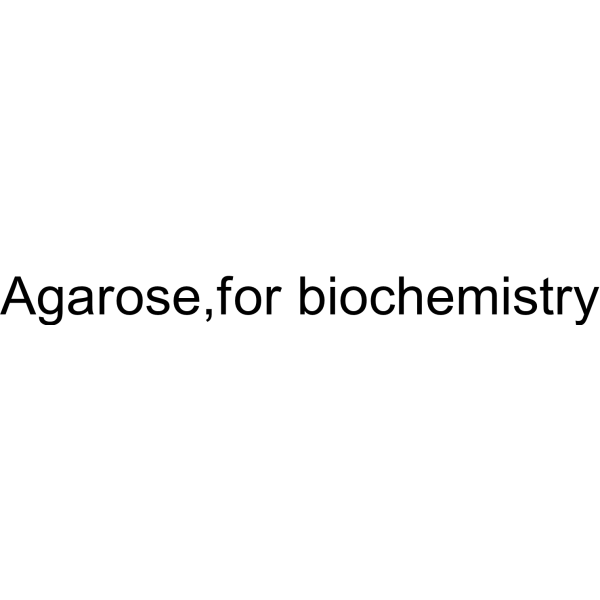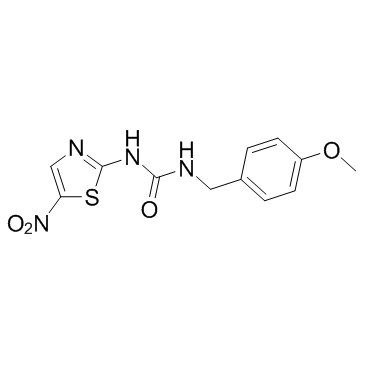| Structure | Name/CAS No. | Articles |
|---|---|---|
 |
agarose
CAS:9012-36-6 |
|
 |
AR-A014418
CAS:487021-52-3 |